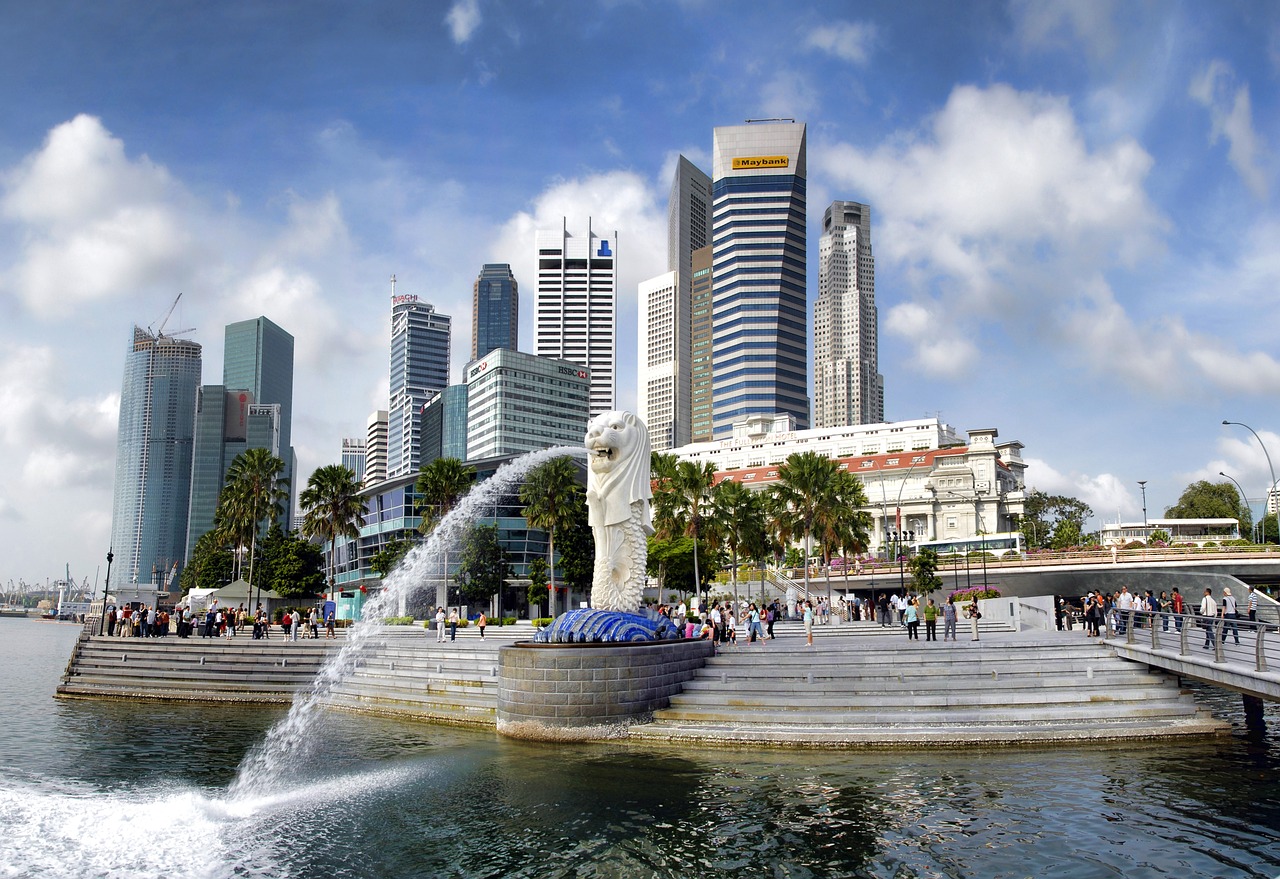Singapore Adjusts Monetary Policy Amid Growth and Inflation Concerns
Singapore Loosens Monetary Policy for the First Time Since 2020
The Monetary Authority of Singapore (MAS) has eased its monetary policy for the first time in over three years. This decision reflects the faster-than-expected moderation of inflation and concerns over a potential slowdown in economic growth. MAS announced a slight reduction in the slope of its exchange rate policy band, referred to as the Singapore dollar nominal effective exchange rate (S$NEER).
Declining Inflation Sparks Policy Adjustment
MAS highlighted that core inflation in Singapore has moderated more rapidly than anticipated. The central bank forecasts that inflation will remain below 2% in 2025, indicating a return to stable underlying price pressures. The headline inflation rate is projected to average between 1.5% and 2.5% in 2025, a decrease from the 2.4% forecasted for 2024.
Revised Core Inflation Projections
Core inflation, which excludes accommodation and private transport costs, is now expected to average 1%–2% in 2025. This marks a downgrade from the previous estimate of 1.5%–2.5% provided in October 2024.
Slower Economic Growth Forecasted
Singapore’s GDP growth for 2025 is anticipated to range between 1% and 3%, a slowdown compared to the 4% growth experienced in 2024. According to MAS, shifts in global trade policies could negatively impact the manufacturing and trade-related services sectors, contributing to this deceleration.
Unique Approach to Monetary Policy
Unlike many central banks that adjust domestic interest rates, MAS manages monetary policy by modifying the exchange rate settings of the Singapore dollar. The central bank controls the S$NEER by allowing it to move within an undisclosed policy band against a basket of currencies from key trading partners. This mechanism enables MAS to strengthen or weaken the Singapore dollar as needed to achieve economic stability.
Conclusion
The Monetary Authority of Singapore’s decision to ease monetary policy reflects the evolving economic landscape, characterized by moderated inflation and a slower growth outlook. By adjusting the S$NEER, MAS aims to navigate the challenges posed by global trade uncertainties while maintaining price stability.
penulis:Fadhil
